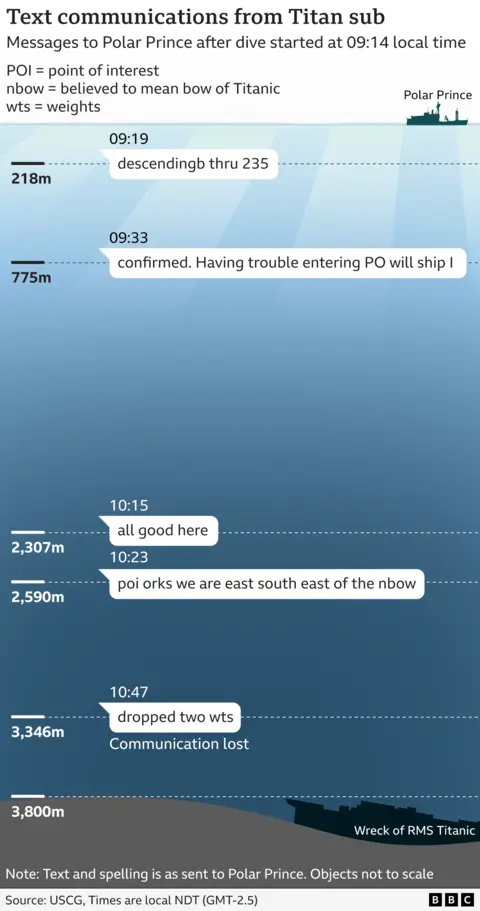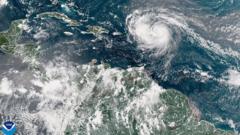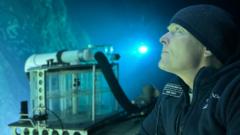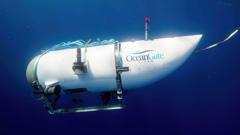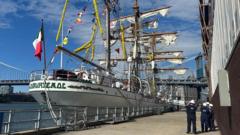OceanGate's Titan submersible imploded on its journey to the wreck of the Titanic because of poor engineering and multiple failures to test the vessel, according to an official report.
Titan imploded in June 2023, killing all five passengers on board including OceanGate's chief executive.
The US National Transportation Safety Board (NTSB) found the engineering process behind the vehicle was inadequate, resulting in faults that meant it failed to meet strength and durability requirements.
The NTSB stated that because the firm did not adequately test Titan, it did not know its actual strength. It was also unaware that it was damaged and should have been removed from service before its last voyage.
Titan disappeared in the North Atlantic as it attempted to dive to the wreck of the Titanic, which lies approximately 372 miles from St. John's in Newfoundland and Labrador in Canada.
In an August report, the US Coast Guard indicated that the implosion was preventable and criticized OceanGate's critically flawed safety practices.
Stockton Rush, OceanGate's chief executive and co-founder, operated the Titan on its final journey. The passengers, who paid up to $250,000 each for the dive, included deep-sea explorer Paul-Henri Nargeolet, Shahzada Dawood and his son Suleman Dawood, and Hamish Harding.
Designed and built by OceanGate, the Titan measured 6.7m (22ft) with a passenger compartment made from carbon fiber, utilizing titanium for its domes and some segments.
The submersible, which imploded at a depth of 3,363m (11,033ft)—the Titanic wreck is located at a depth of 3,880m—was the second version of the craft; the first was condemned following testing.
During its investigation, the NTSB discovered issues with OceanGate's safety culture. While safety was claimed to be a priority, some employees noted an environment that ignored design issues.
A technician raised concerns about OceanGate's business model, particularly regarding the classification of paying clients as mission specialists rather than passengers, contrary to US regulations, which prohibit transporting passengers in experimental submersibles.
OceanGate has permanently ceased operations following the incident. The NTSB's report included recommendations for the US Coast Guard to evaluate how pressure vessels carrying people are assessed and to update regulations as necessary.
